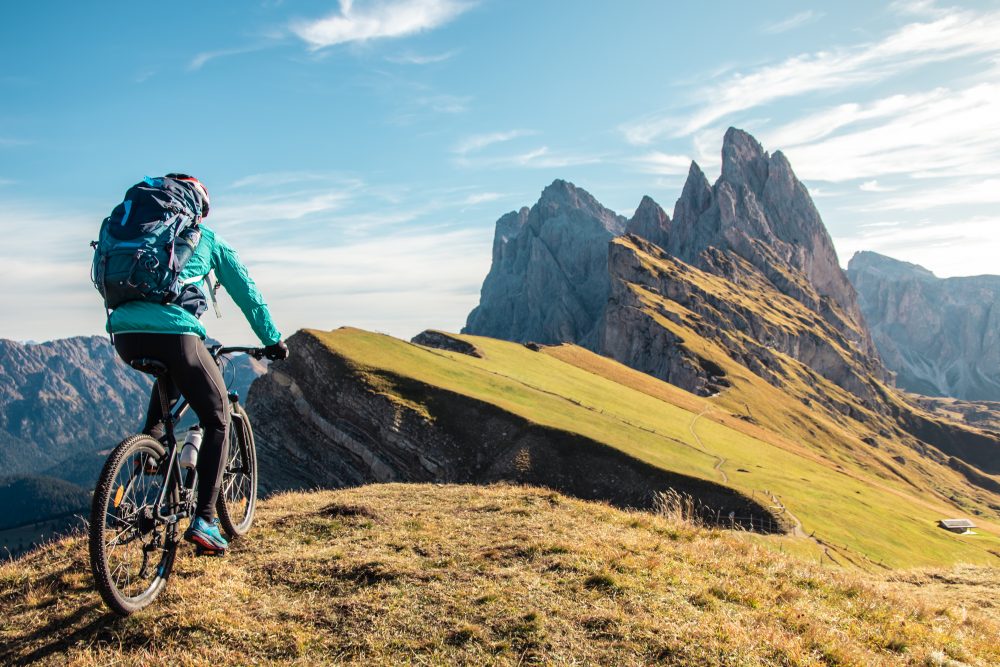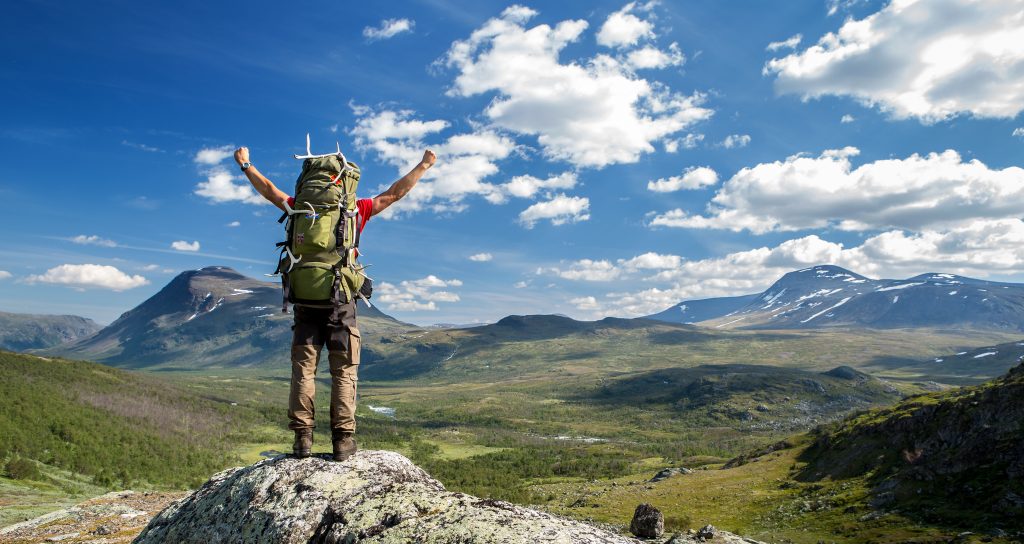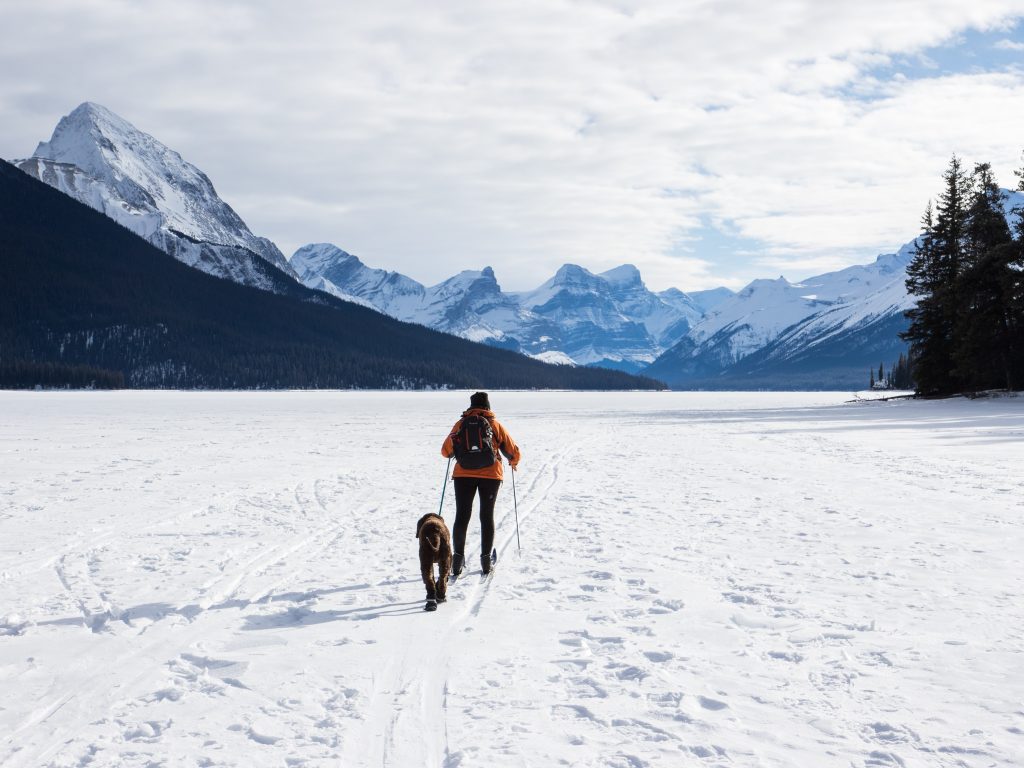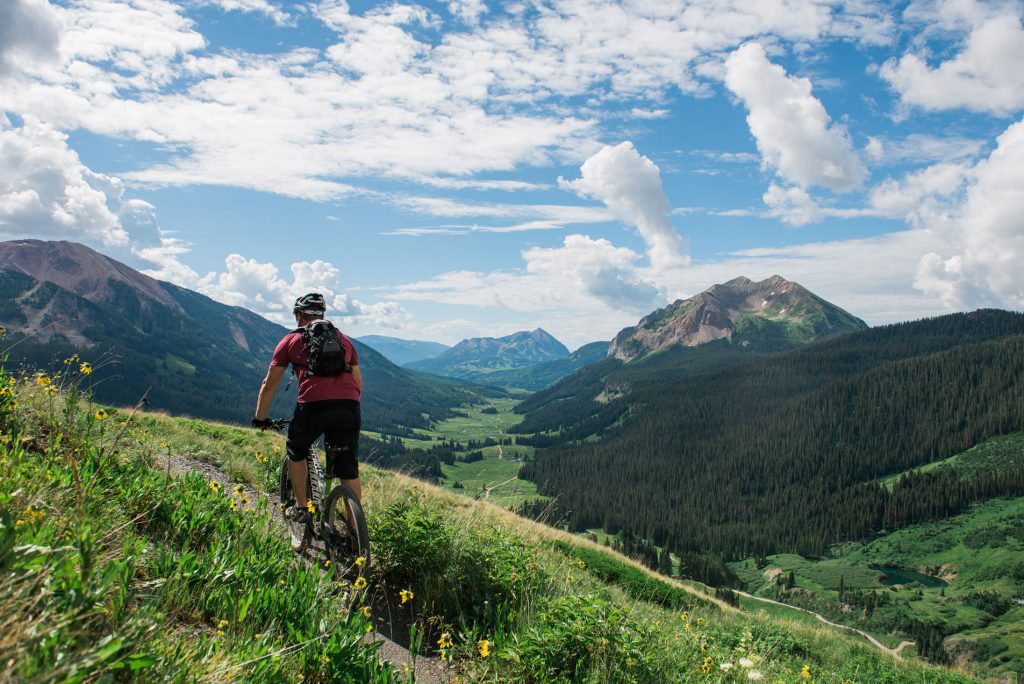Adventuring alone can be one of the most liberating and eye-opening experiences, no matter what age you are. Solo travel can offer the opportunity for self-reflection and growth. On the other hand, adventuring alone can be one of the most daunting and intimidating experiences to embark on. Here are some tips and advice to help you better stay safe and plan ahead for your next solo adventure.
1. Do Your Research

We can’t stress this enough, make sure you do your research on the trip you plan on doing alone. It’s better to come prepared than to show up with no plan at all. One of your top concerns for adventuring alone should be safety. While you should always be cautious, don’t let exploring new places stop you from embarking alone. Make sure you do the proper research on the destination you plan on traveling to, the activities you’ll be participating in and the unsafe zones you should stay out of. Once you’ve developed your itinerary you should send it to someone that you trust to know about your location and plan.
2. Learn Basic Local Language

I know it can be intimidating to learn a new language, but making an effort to learn a few phrases can make your experience in a new country or place a lot better. While you are traveling alone you won’t have someone to lean on for translation. So plan ahead and study up on the local culture and language. Two language apps that you can download straight to your mobile phone are Duolingo and Livemocha.
3. Gear
 Knowing what type of gear to bring on a trip can be one of the hardest tasks to accomplish. You never want to end up bringing items that you don’t need or may become an extra weight in your pack. You’ll also want to make a detailed packing list of any technical gear that you will need for the activities that you’ll be participating in. If you chose to hire a guiding company they should provide you with a pretty detailed packing list, but it doesn’t hurt to make your own. If your solo trip is a short one and you don’t have room for tons of extra gear, you should consider renting your gear either before your trip or during your trip.
Knowing what type of gear to bring on a trip can be one of the hardest tasks to accomplish. You never want to end up bringing items that you don’t need or may become an extra weight in your pack. You’ll also want to make a detailed packing list of any technical gear that you will need for the activities that you’ll be participating in. If you chose to hire a guiding company they should provide you with a pretty detailed packing list, but it doesn’t hurt to make your own. If your solo trip is a short one and you don’t have room for tons of extra gear, you should consider renting your gear either before your trip or during your trip.
Book Your Gear Rentals
4. Shared Housing/ Hostels
 Adventuring alone can be lonely at times and costs of single-occupancy hotel rooms can be pricy. Unless you’re camping in the unknown make sure you research different hostels or Airbnb’s to stay in. These two options are great ways to meet new people and save some money. If you are planning on doing a backcountry skiing trip or backpacking trip, you should look into a hut to hut trip that allows you to hike or ski/skin during the day to different huts in one route. Some huts have someone to prepare and cook meals and most of the time you’ll be staying with other travelers so you’ll have the opportunity to make friends and connect with others on their journey.
Adventuring alone can be lonely at times and costs of single-occupancy hotel rooms can be pricy. Unless you’re camping in the unknown make sure you research different hostels or Airbnb’s to stay in. These two options are great ways to meet new people and save some money. If you are planning on doing a backcountry skiing trip or backpacking trip, you should look into a hut to hut trip that allows you to hike or ski/skin during the day to different huts in one route. Some huts have someone to prepare and cook meals and most of the time you’ll be staying with other travelers so you’ll have the opportunity to make friends and connect with others on their journey.
5. Fully Plan Your First Few Days
 Fully planning your first few days on your solo trip will take away the stress of not knowing where to start. Book your flight in advance and plan for where you will stay the first day or two. Also, consider planning the bigger activities you plan on participating in. If you’re going on a 5-day backpacking trip you may want to plan when what time and how you will get there. Also, don’t be afraid to ask for travel advice when you arrive. Many natives will have good inside knowledge that you may not be able to find elsewhere.
Fully planning your first few days on your solo trip will take away the stress of not knowing where to start. Book your flight in advance and plan for where you will stay the first day or two. Also, consider planning the bigger activities you plan on participating in. If you’re going on a 5-day backpacking trip you may want to plan when what time and how you will get there. Also, don’t be afraid to ask for travel advice when you arrive. Many natives will have good inside knowledge that you may not be able to find elsewhere.





